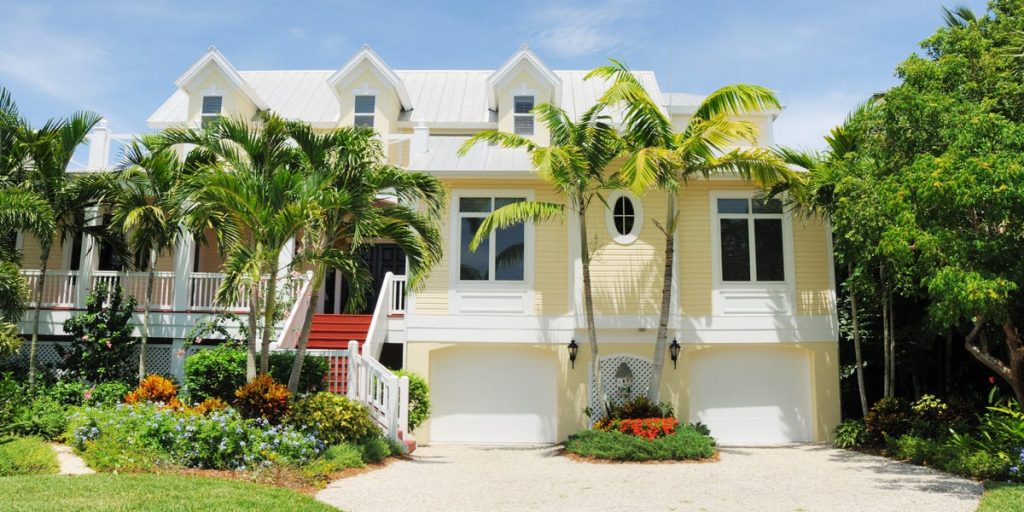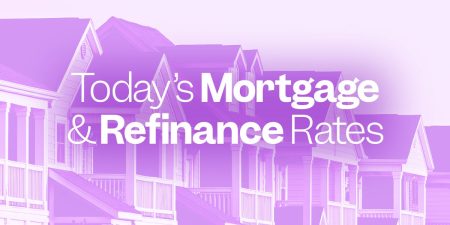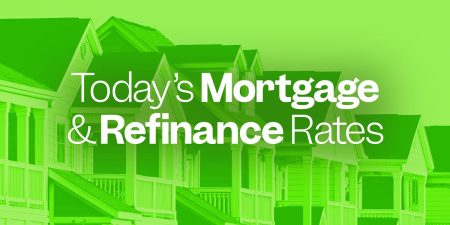Is Now the Time to Invest in Your Dream Vacation Home or Second Property?
Thinking about investing in a second home, whether it’s a tropical vacation getaway, a peaceful cabin in the woods, or a chic city condo? If so, timing is everything—especially when it comes to understanding the current second home mortgage rates and trends. With interest rates fluctuating and lenders tightening their requirements, it’s crucial to stay informed before making such a significant decision.
Current Second Home Mortgage Rates: What You Need to Know
As of January 2025, average mortgage rates for a fixed 30-year loan have risen to 6.71%, according to data from Zillow. This reflects a 29-basis-point increase compared to the previous month. Second home mortgages generally come with higher interest rates than primary residence mortgages because lenders view them as riskier. Borrowers should expect to pay a bit more for a loan due to this increased risk.
While there’s hope that rates may stabilize or even decrease later this year, this depends heavily on inflation trends. If inflation continues to slow down, mortgage rates could become more favorable for borrowers. However, inflation has been stubborn in recent months, leaving some uncertainty in the market.
Factors That Influence Second Home Mortgage Rates
Mortgage rates are influenced by a variety of factors, including market trends, the level of risk associated with the loan, the location of the property, and your overall credit profile. For second homes, borrowers can expect higher interest rates compared to primary residence mortgages. However, those with excellent credit scores and substantial down payments may still secure favorable rates.
Location also plays a significant role. If the second home is in an expensive or high-demand area, you may face higher rates. Additionally, your debt-to-income (DTI) ratio and creditworthiness will be closely scrutinized by lenders, as they want to ensure you can manage the financial burden of two mortgages.
How to Qualify for a Second Home Mortgage
Qualifying for a second home mortgage is similar to securing a primary residence mortgage, but the requirements are often stricter. Here are some key factors to consider:
- Credit Score Requirements: A minimum credit score of 620 is typically required for a conventional loan, but lenders may expect higher scores for second home mortgages.
- Debt-to-Income Ratio (DTI): Your DTI should ideally be below 45%, though this can be challenging if you’re already paying off a primary residence mortgage.
- Down Payment and Reserves: You’ll likely need a down payment of at least 10%, though some lenders may require more. Additionally, lenders may ask for cash reserves to cover monthly payments in case of income loss.
Tips for Securing the Best Second Home Mortgage Rates
To get the best possible rate on your second home mortgage, consider the following strategies:
- Improve Your Credit Score: A higher credit score can significantly lower your interest rate. Focus on making on-time payments and reducing debt.
- Shop Around: Compare rates from multiple lenders to ensure you’re getting the best deal. Some lenders may offer better terms than others.
- Explore Loan Options: Shorter loan terms or adjustable-rate mortgages (ARMs) may offer lower rates, though they come with trade-offs like larger monthly payments or potential rate increases over time.
Benefits and Risks of Second Home Mortgages
Owning a second home can be a rewarding investment, offering both personal satisfaction and potential long-term appreciation in value. It can also serve as a practical solution for frequent travel or work-related needs. However, there are risks to consider: higher down payments, increased insurance costs, and the possibility of rising property taxes.
Before taking the plunge, carefully evaluate your financial situation and long-term goals. If you’re prepared to handle the additional responsibilities, a second home mortgage could be a worthwhile investment.
By staying informed about current trends, understanding the factors that influence rates, and carefully planning your finances, you can make an educated decision about whether now is the right time to invest in your dream second home.












